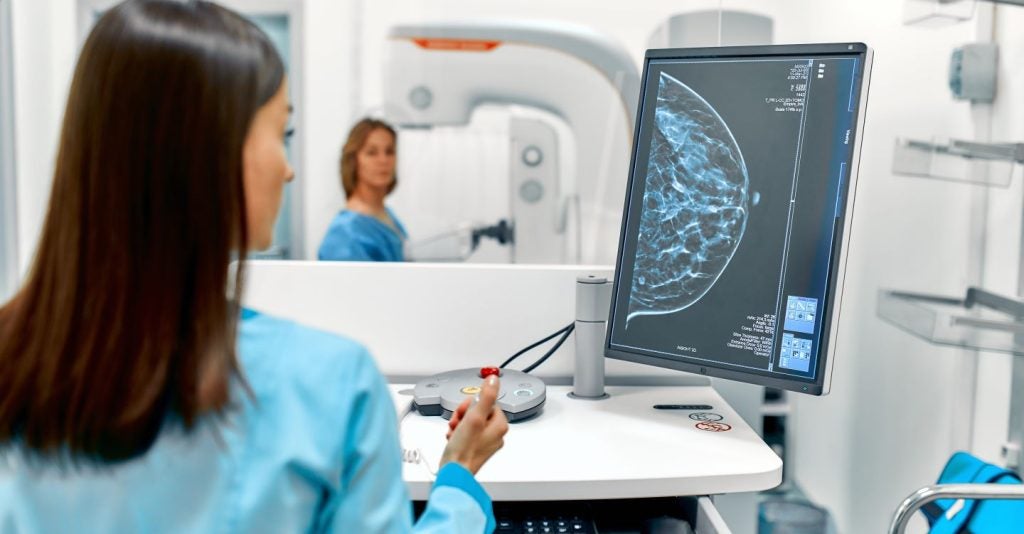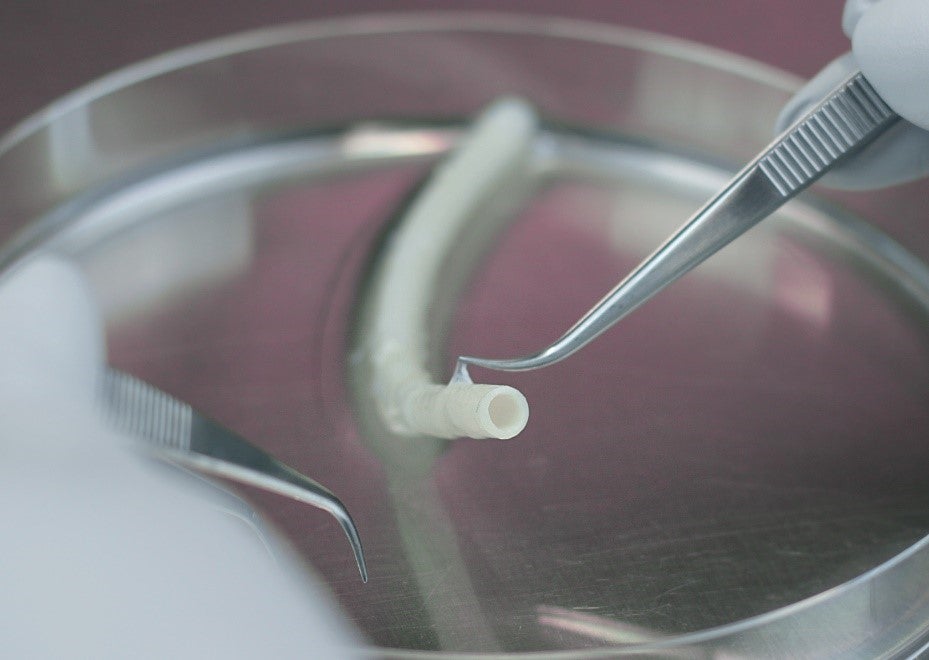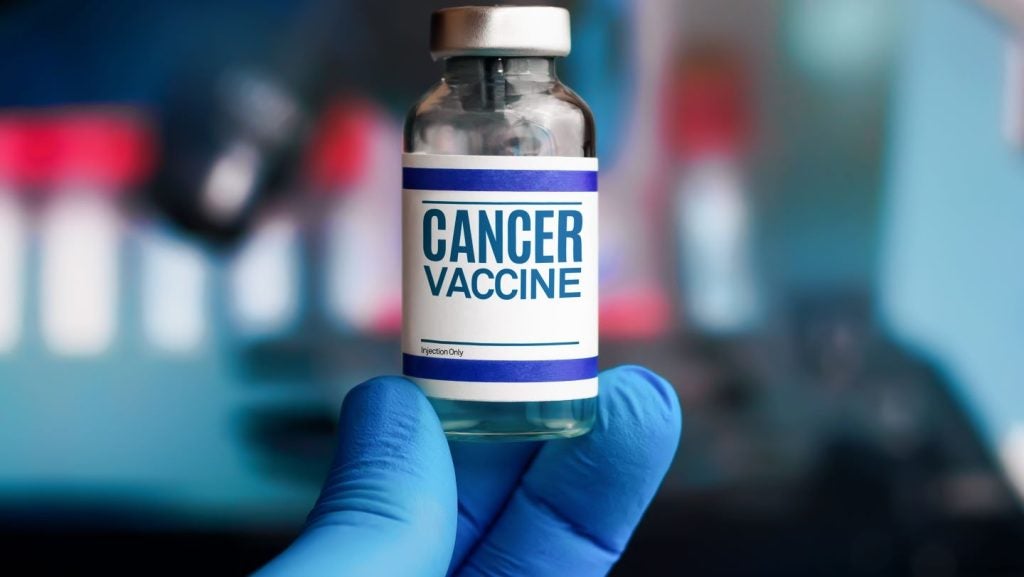US-based biopharmaceutical company Puma Biotechnology has unveiled the design for the Phase II PUMA-ALI-1201 clinical trial of alisertib to treat patients with HER2-negative, hormone receptor-positive metastatic breast cancer.
Following talks with the US Food and Drug Administration (FDA), the company will begin a trial of alisertib plus endocrine treatment in patients with chemotherapy-naïve breast cancer patients.
The endocrine treatment comprises either anastrozole, exemestane, letrozole, fulvestrant or tamoxifen.
To be eligible for the trial, patients must have previously received treatment with CDK 4/6 inhibitors and a minimum of two lines of endocrine therapy in the recurrent or metastatic setting.
Puma Biotechnology intends to begin the trial in the second half of next year.
In the trial, subjects will be given either 30mg, 40mg or 50mg doses of alisertib twice a day (BID) on days 1-3, 8-10 and 15-17 on a 28-day cycle together with investigator-selected endocrine therapy.
Up to 50 subjects will be enrolled in each dose level.
Objective response rate, duration of response, disease control rate and progression-free survival will be the trial's primary efficacy endpoints.
Puma Biotechnology chief scientific officer Alvin Wong said: “There continues to be a need for new drugs for the treatment of metastatic HER2-negative, hormone receptor-positive breast cancer.
“The clinical trials of alisertib to date in HER2-negative, hormone receptor-positive metastatic breast cancer have demonstrated alisertib’s potential clinical benefit in this patient population, and we look forward to initiating the PUMA-ALI-1201 trial in 2024.”
Puma said it believes the trial design will meet the FDA’s Project Optimus for determining the most suitable dose of alisertib plus endocrine therapy for HER2-negative, hormone receptor-positive metastatic breast cancer to advance to a Phase III trial.
Once it has identified the optimal dose of alisertib, the company will hold talks with other regulatory authorities across the globe on the Phase III trial design.
















